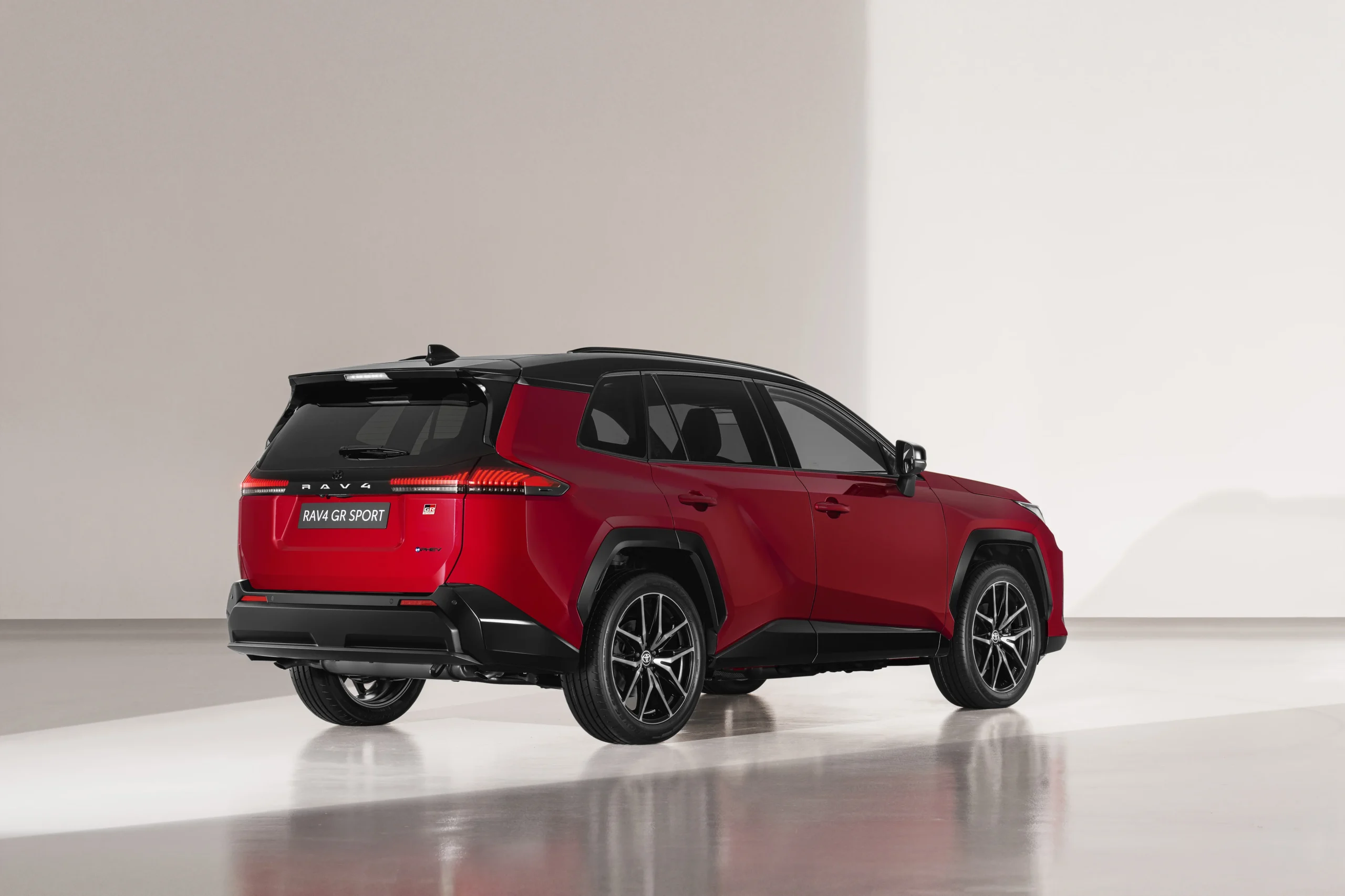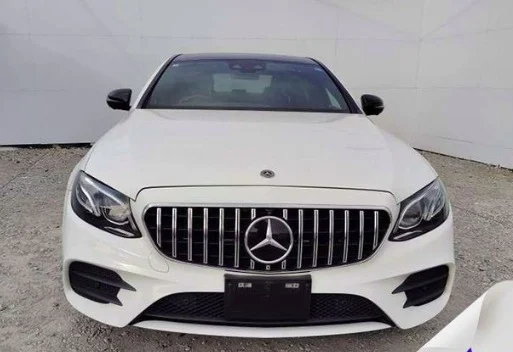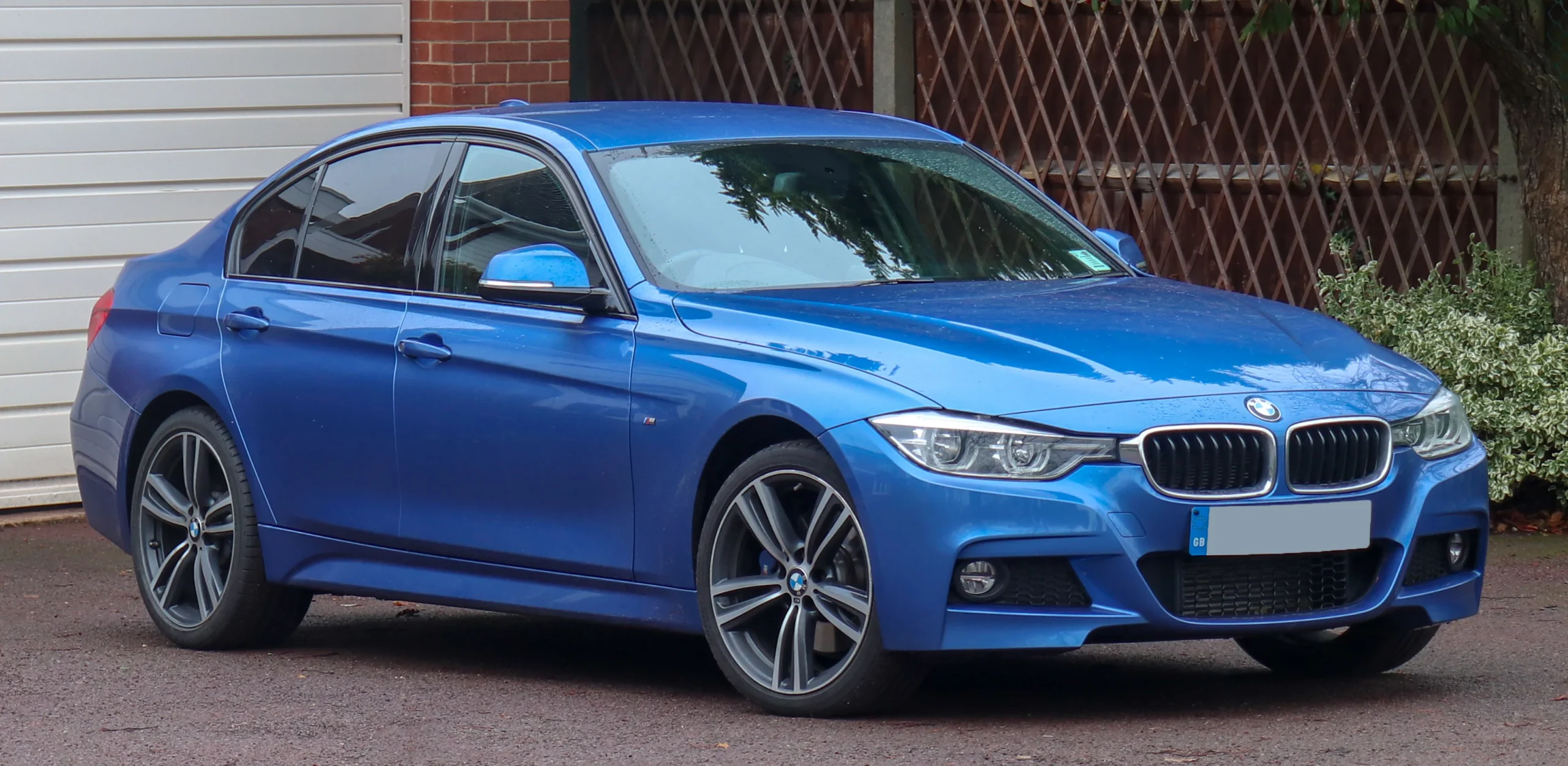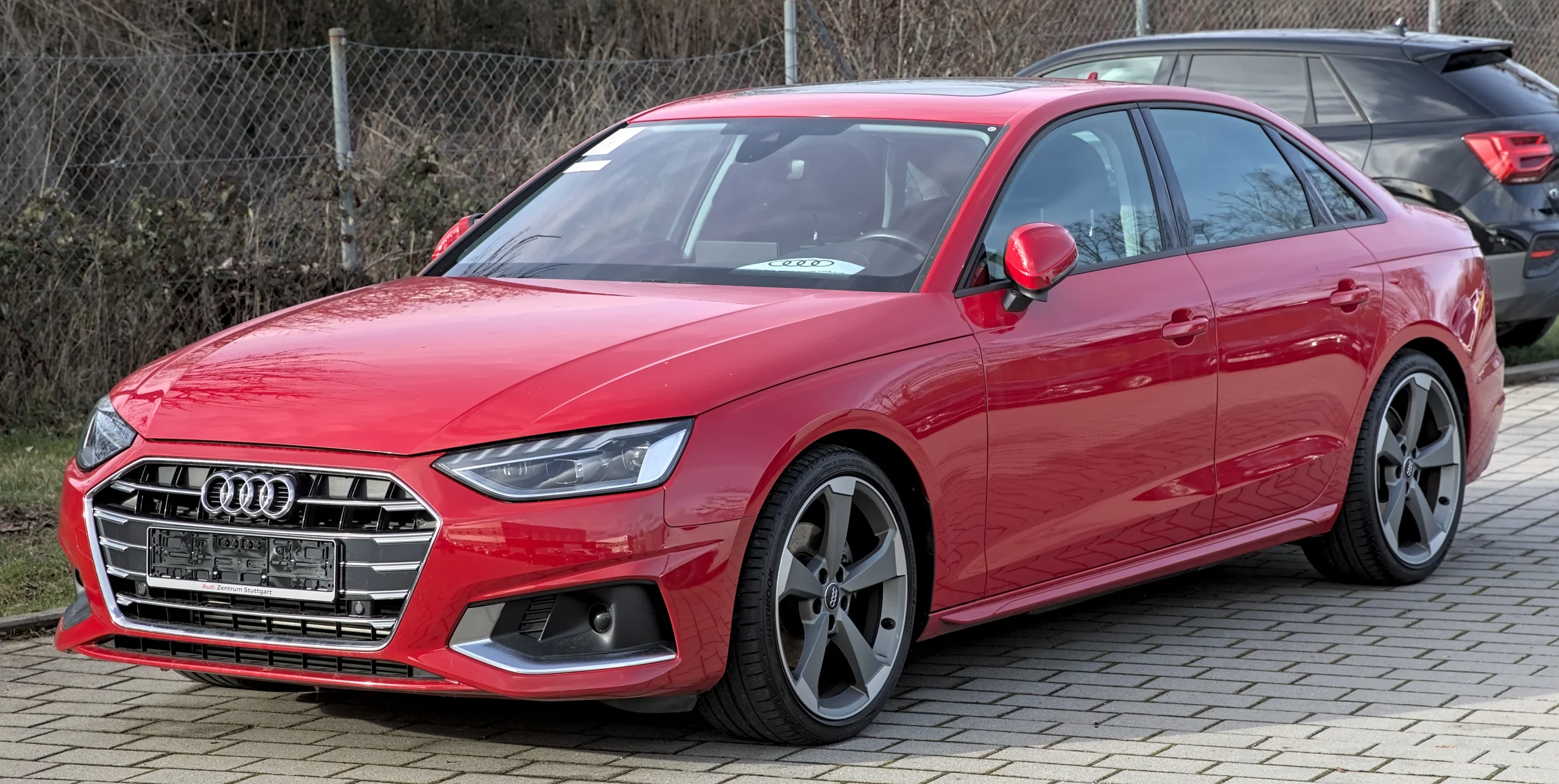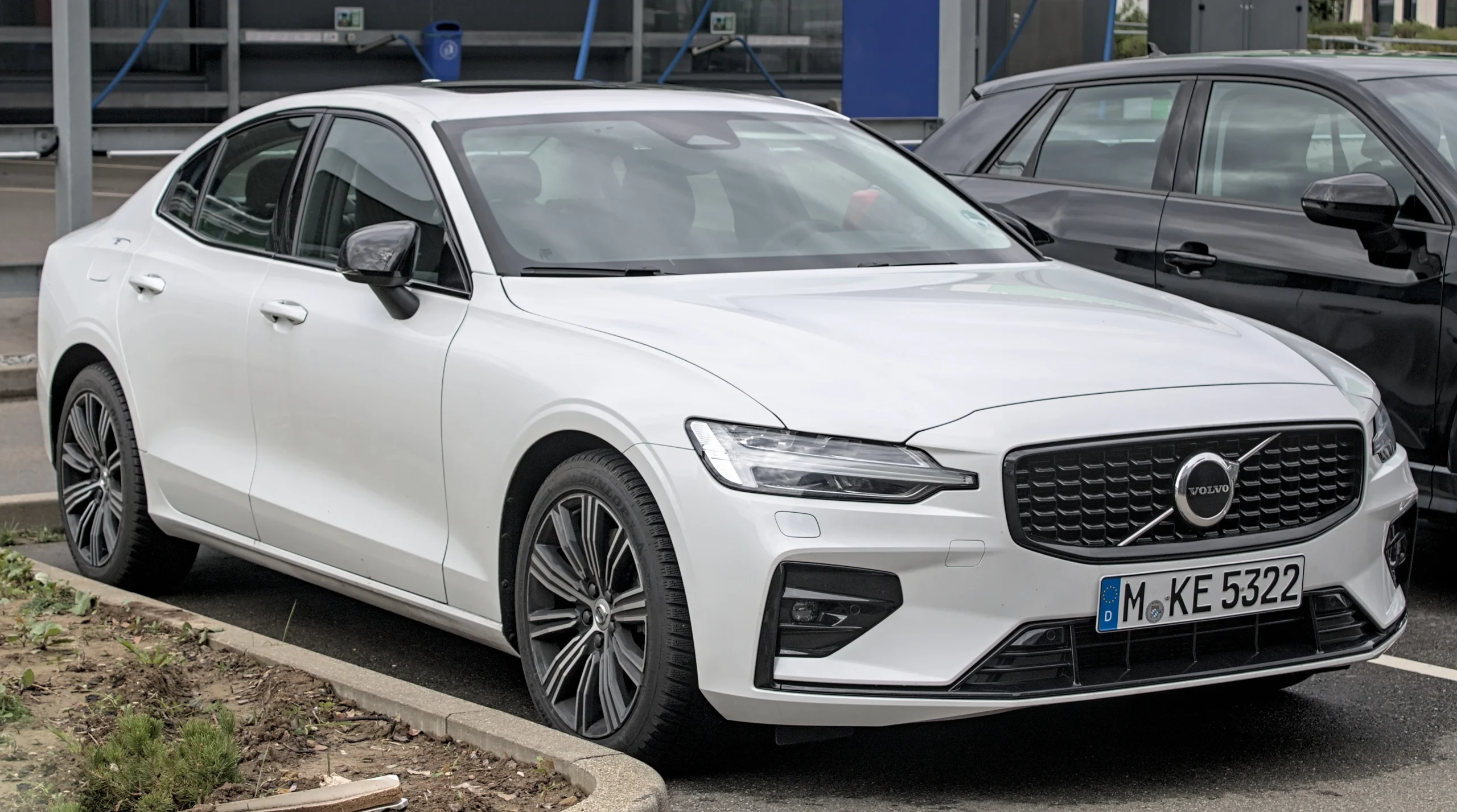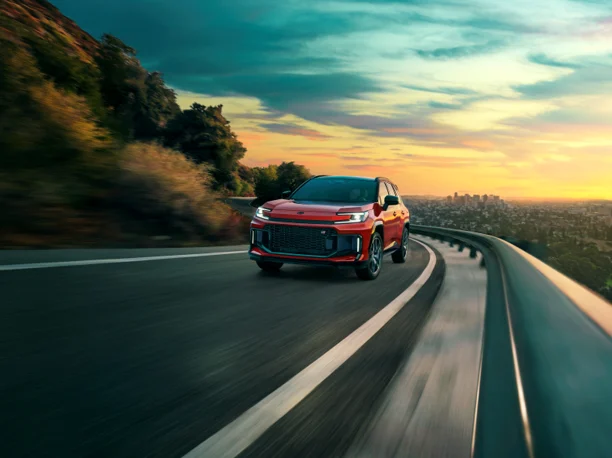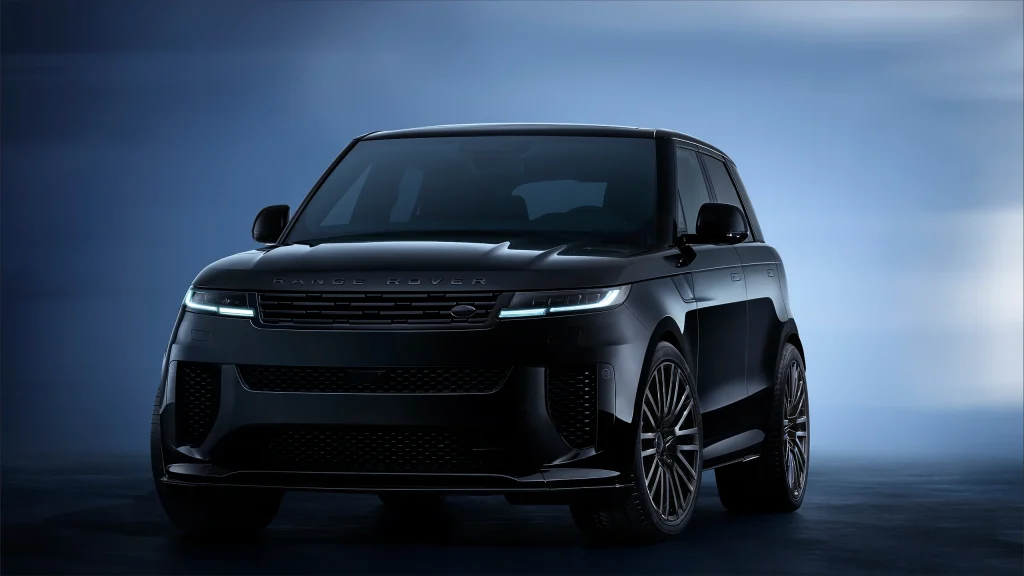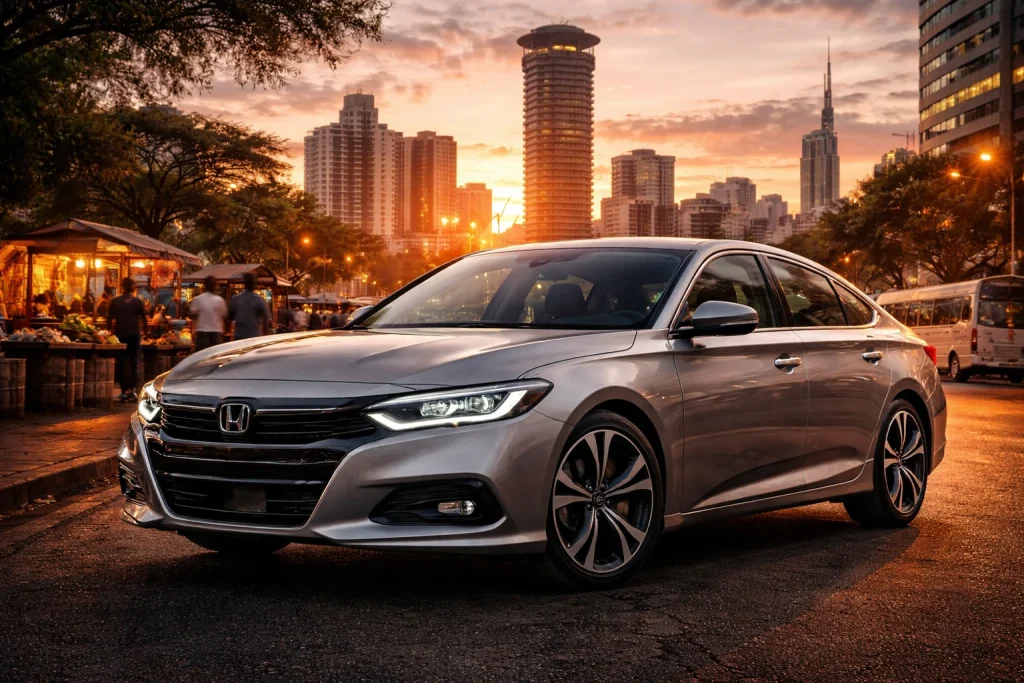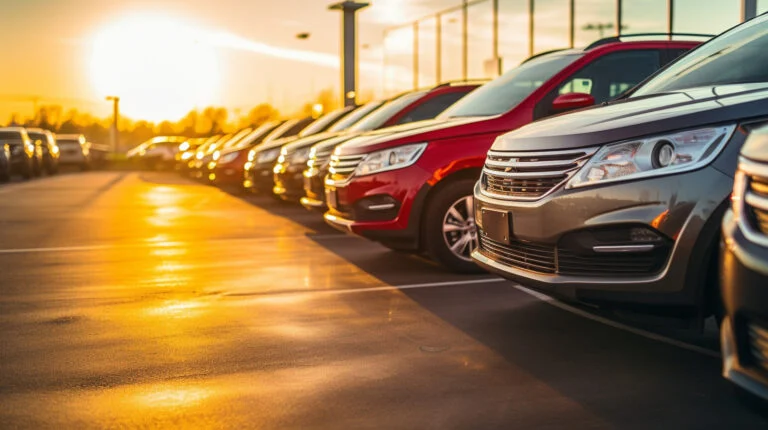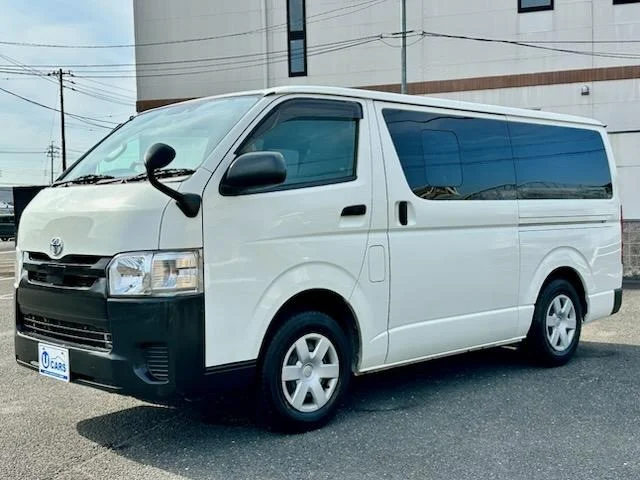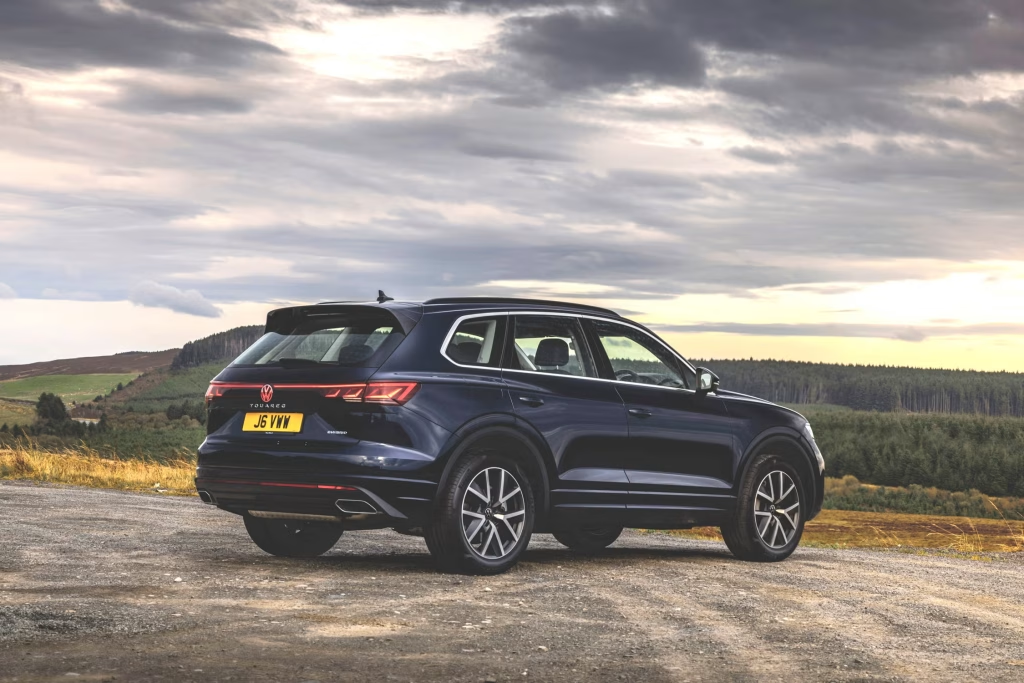Introduction to Luxury Car Importation
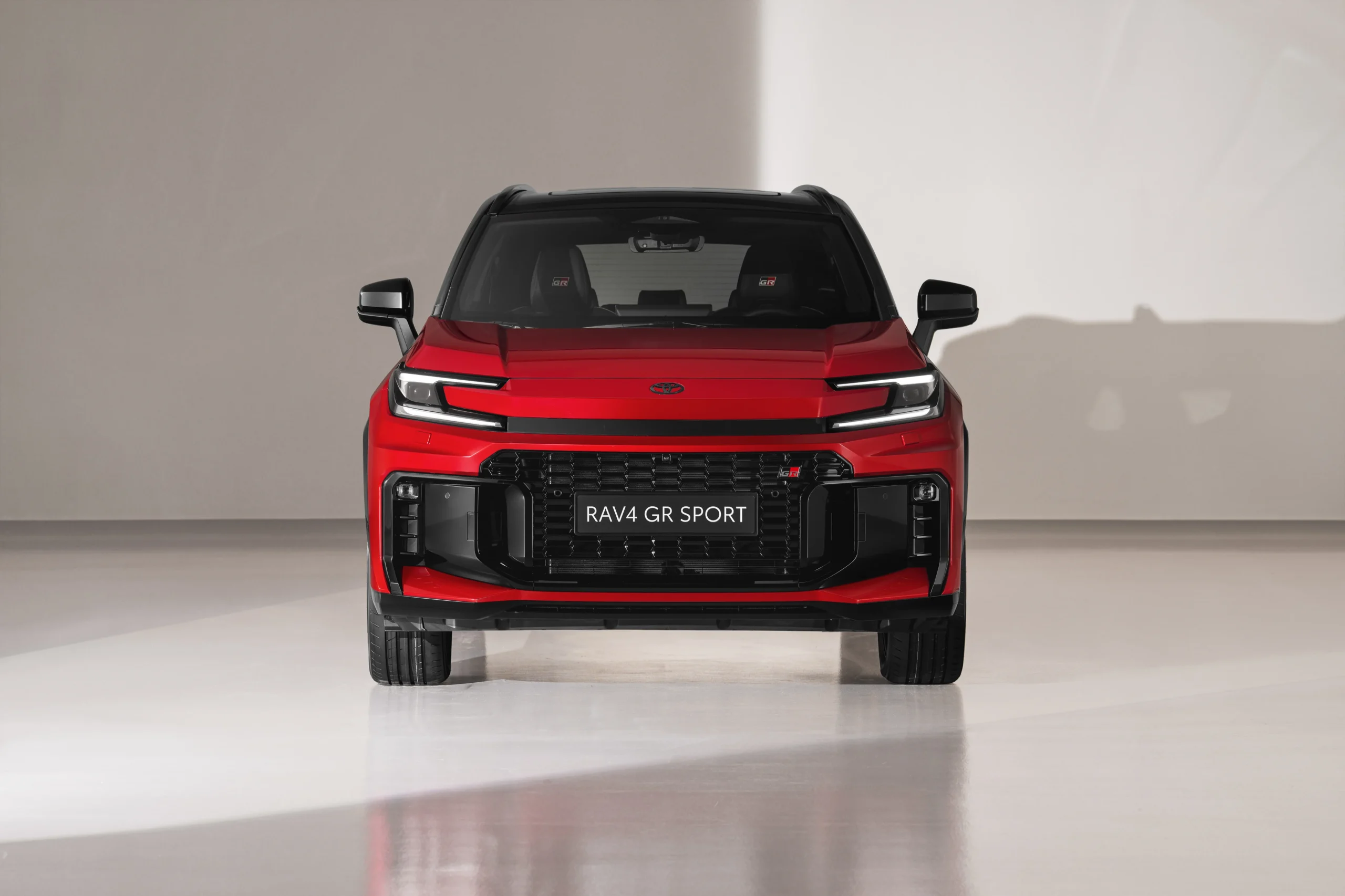
Benefits of Importing Luxury Cars to Kenya
So, why go through the perceived hassle of importing a car instead of just walking into a local dealership?
The answer boils down to three massive advantages: cost, choice, and quality.
The most significant benefit is, without a doubt, the potential for massive cost savings.
When you import directly, you bypass multiple layers of middlemen and the hefty markups that local dealerships add to cover their overheads.
This often translates to saving hundreds of thousands, or even millions, of shillings on the exact same model.
Beyond the price, importation opens up a vast automotive marketplace.
You are no longer limited to the few trims and colour options available locally; you can choose from a wide array of models, engine configurations, and special editions available in international markets.
Finally, there’s the question of quality.
Cars from countries like Japan are famously well-maintained due to stringent roadworthiness inspections and a culture of meticulous care, often resulting in lower mileage and better overall condition than their locally used counterparts.
Top 5 Cheapest Luxury Cars to Import
Navigating the world of affordable luxury can be exciting, and a few models consistently stand out for offering the best bang for your buck.
Topping our list for 2025 is the Lexus IS, specifically models from 2018.
As Toyota’s luxury division, Lexus provides legendary reliability wrapped in a stylish, sporty package.
The IS offers a thrilling rear-wheel-drive experience, a high-quality interior packed with creature comforts, and maintenance costs that won’t give you a heart attack, unlike some of its German rivals.
It strikes a perfect balance between a comfortable daily driver and a spirited weekend machine, making it a brilliant first step into the luxury segment.
When you import a Lexus IS, you’re not just buying a car; you’re investing in peace of mind, sophisticated engineering, and a driving experience that feels far more expensive than its import price tag suggests, making it one of the smartest choices for the discerning Kenyan buyer.
It’s impossible to discuss affordable luxury without mentioning the iconic Mercedes-Benz C-Class.
The W205 generation, particularly the 2018 models like the C180 or C200, represents the quintessential entry point into German luxury.
This car is more than just transport; it’s a statement.
Its elegant design, superior ride comfort, and a cabin filled with premium materials and advanced technology make every journey feel like a special occasion.
The three-pointed star on the grille carries a weight of prestige that few other brands can match.
By importing a C-Class, you gain access to this status symbol for a price that is significantly lower than local market rates.
The availability of smaller, efficient engines like the 1.6-litre in the C180 also helps in managing the import duty, making it a financially savvy way to experience the world-renowned engineering and luxury that Mercedes-Benz is famous for.
It’s the perfect choice for those who want to blend classic elegance with modern technology.
For the driving enthusiast who believes a car should be an extension of the driver, the BMW 3 Series is the undisputed champion.
The F30 generation, especially a 2018 model, continues to live up to its “Ultimate Driving Machine” slogan.
This car is engineered for pure driving pleasure, with a focus on sharp handling, responsive steering, and a perfect 50/50 weight distribution that makes it feel incredibly agile on winding Kenyan roads.
The interior is driver-focused, with every control intuitively placed.
While it offers a firm, sporty ride, it doesn’t sacrifice the comfort and premium features expected of a luxury sedan.
Importing a 3 Series, such as the efficient yet punchy 320i, allows you to own a piece of automotive excellence that connects you to the road in a way few other cars can.
It’s the ideal vehicle for those who don’t just want to get from point A to B, but want to enjoy every single moment of the drive.
If your vision of luxury is defined by cutting-edge technology and sophisticated, understated design, then the Audi A4 should be at the top of your list.
The B9 generation (2018 onwards) is a masterclass in modern automotive interior design, famously featuring the optional Audi Virtual Cockpit—a stunning fully-digital instrument cluster that puts navigation and vehicle info right in your line of sight.
The A4 offers a supremely refined and quiet ride, making it an incredibly serene vehicle for both city commuting and long-distance travel.
Its build quality is impeccable, with every surface and switch feeling solid and expensive.
Many imported models also come with Audi’s legendary Quattro all-wheel-drive system, providing enhanced grip and stability in all weather conditions.
Importing an Audi A4 is a choice for the tech-savvy professional who appreciates meticulous craftsmanship and a driving experience that is smooth, confident, and packed with the latest innovations.
Often overlooked in favour of its German counterparts, the Volvo S60 is the dark horse of the affordable luxury world and a phenomenal import choice.
For those who prioritize safety and unique design above all else, a 2018 Volvo is unbeatable.
Renowned for pioneering some of the most advanced safety systems in the industry, owning a Volvo provides an unparalleled sense of security for you and your family.
But it’s not just about safety; the S60 boasts a beautiful, minimalist Scandinavian interior design that feels like a breath of fresh air.
The seats are widely considered to be the most comfortable in the entire automotive industry, making long drives an absolute pleasure.
It’s a statement of quiet confidence and intelligent luxury.
Importing a Volvo S60 sets you apart from the crowd and signals that you value substance, safety, and sophisticated, human-centric design over simple brand recognition.
Cost Considerations for Importing Luxury Cars
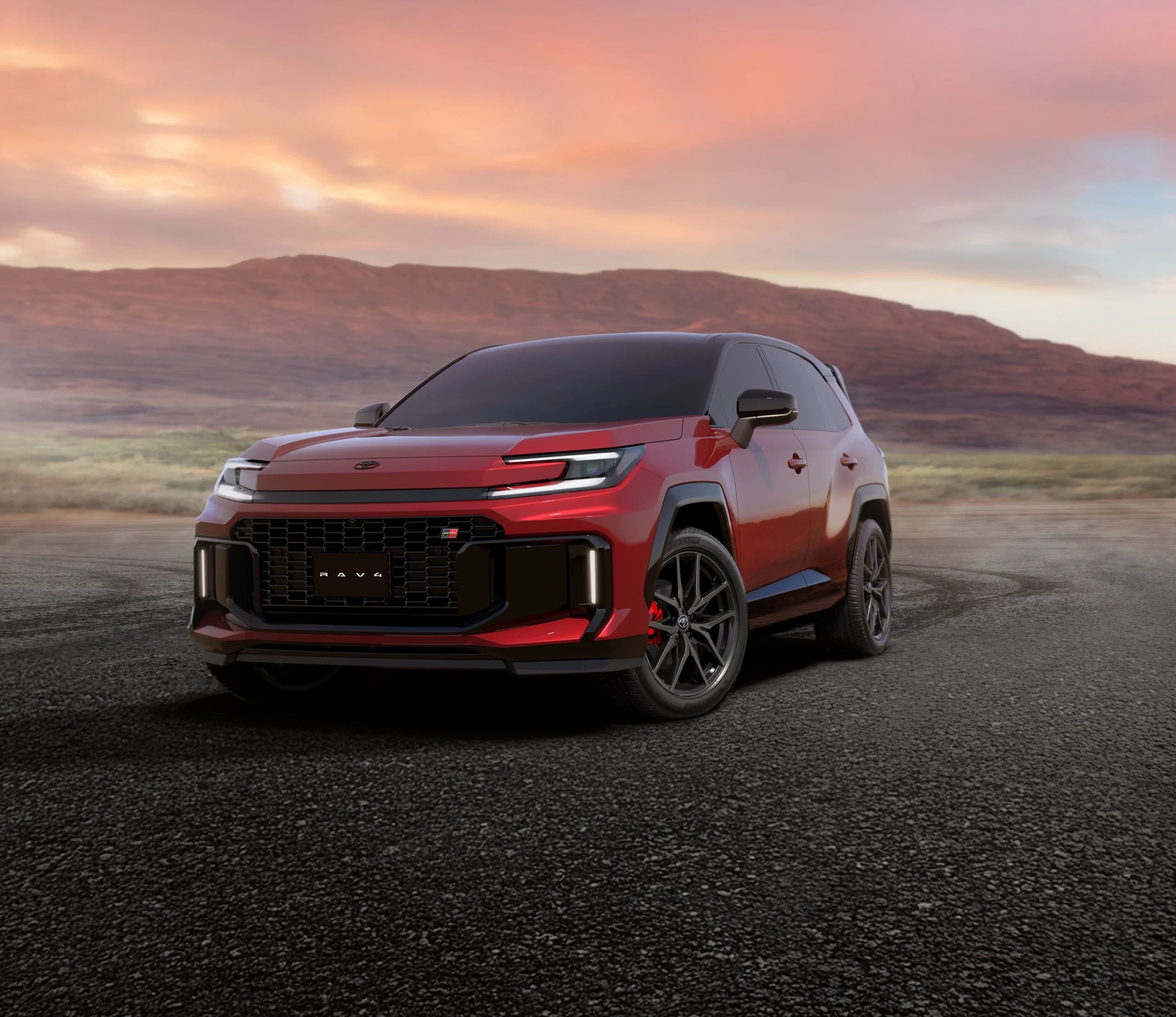
Dreaming about your new luxury car is the fun part, but understanding the real cost is what makes that dream a reality.
The price you see on a Japanese or UK auction site is just the beginning of the story.
The first major component is the CIF value, which stands for Cost, Insurance, and Freight.
This is the total price you pay to purchase the vehicle and have it shipped and insured until it arrives at the Port of Mombasa.
However, the largest expense is yet to come: the taxes and duties levied by the Kenya Revenue Authority (KRA).
These are calculated based on KRA’s own Current Retail Selling Price (CRSP) for that specific model, not the price you actually paid.
The main taxes include a 25% Import Duty, an Excise Duty that ranges from 20% to 35% depending on the engine size, and a 16% VAT.
Combined, these taxes can often double the initial CIF cost, so it’s crucial to factor this in.
On top of that, you’ll have other expenses like port charges, clearing agent fees, and the registration fee.
Being aware of these total landed costs from the start prevents any unpleasant surprises down the line.
Import Process and Regulations in Kenya
Successfully importing a car into Kenya requires navigating a specific set of rules and procedures, but it’s a well-trodden path.
The most critical regulation to be aware of is the “8-Year Rule,” which dictates that a vehicle must be no more than eight years old from its year of first registration.
This means that in 2025, you can only import vehicles manufactured in 2018 or later.
Before the car even leaves its country of origin, it must undergo a mandatory roadworthiness inspection by a KEBS-appointed agent, such as QISJ in Japan, to ensure it meets Kenyan safety and environmental standards.
Upon passing, you’ll receive a Certificate of Conformity (CoC), which is essential for clearance.
You will also need a collection of key documents, including the original commercial invoice, the authentic foreign logbook, and the Bill of Lading.
Navigating the customs clearance process at the port can be incredibly complex, which is why hiring a reputable and licensed clearing agent is not just recommended—it’s essential.
Navigating this process can be complex, which is why partnering with an experienced importer like Cars Kenya is the smartest move you can make to ensure a smooth, compliant, and stress-free experience.
Why Choose Cars Kenya for Your Luxury Car Import
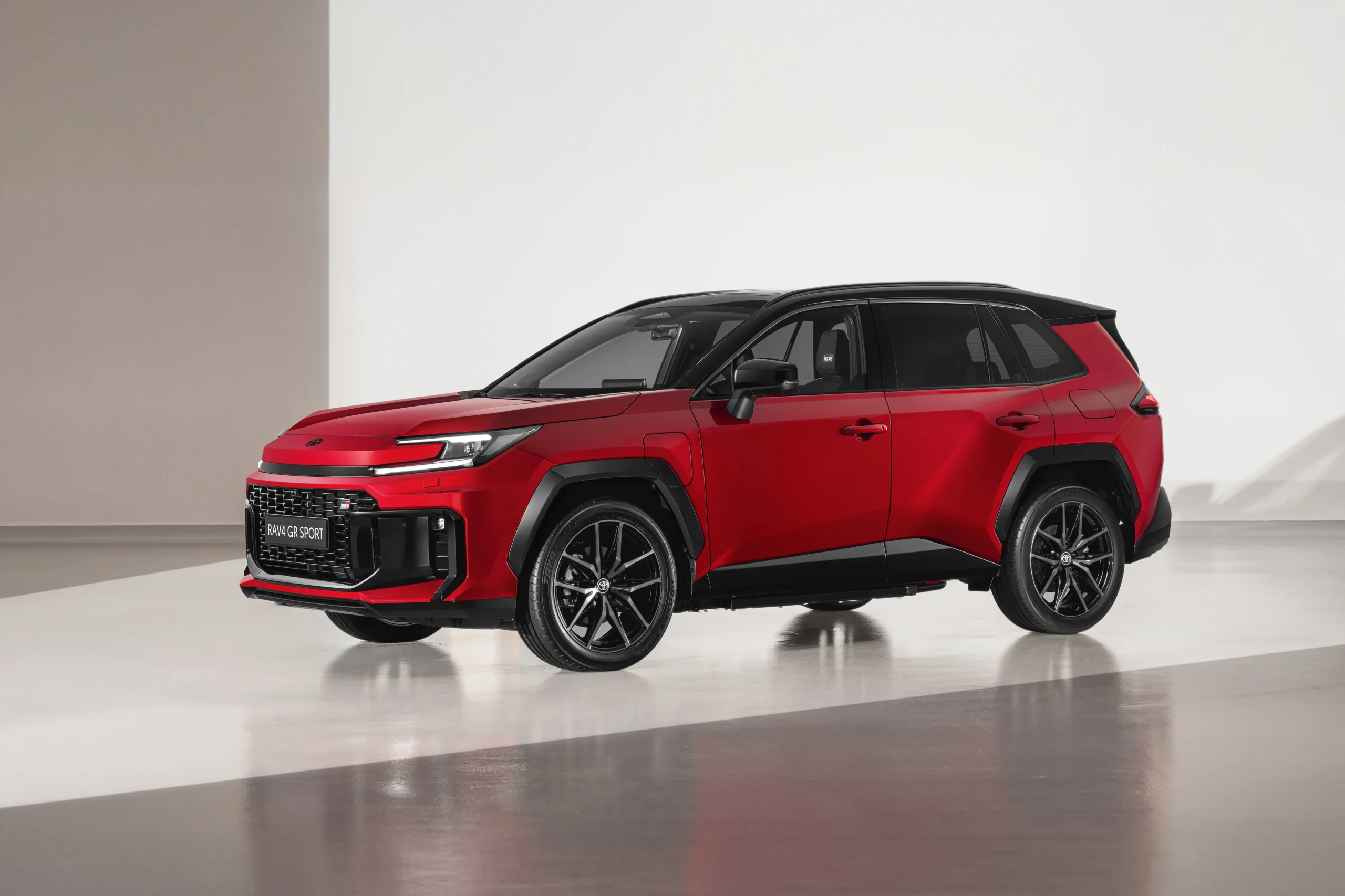
When you decide to import your dream car, choosing the right partner is just as important as choosing the right vehicle.
This is where Cars Kenya stands out as your trusted guide.
With years of dedicated experience, we have mastered the intricacies of the entire importation process, from sourcing the perfect vehicle at Japanese auctions to navigating the complex clearance procedures at the Port of Mombasa.
Our core principle is transparency; we provide you with a clear, detailed, and all-inclusive quote from the very beginning, so you know the exact final cost with no hidden fees or surprise charges.
We act as your eyes and ears on the ground, working with our trusted partners to physically inspect vehicles before purchase to guarantee their quality and condition.
We handle all the tedious paperwork, logistics, and communication, transforming a potentially stressful undertaking into a seamless and exciting journey.
Our end-to-end service means you simply choose your car, and we take care of the rest, delivering it right to your doorstep.
Ready to import your dream luxury car without the headache?
Get a free, no-obligation quote from Cars Kenya today and let our experts guide you home.
Conclusion
The aspiration of owning a luxury vehicle in Kenya is no longer a privilege reserved for the ultra-wealthy.
As we’ve explored, the path of direct importation opens up a world of possibilities, making prestigious brands like Lexus, Mercedes-Benz, BMW, Audi, and Volvo surprisingly attainable.
By choosing a pre-owned model from 2018 or newer, you not only comply with Kenya’s 8-year rule for 2025 but also gain access to modern technology, superior safety features, and refined performance at a price point that local showrooms simply cannot match.
The key to a successful importation journey is knowledge and preparation.
Understanding the full spectrum of costs—from the vehicle’s purchase price to the final taxes and fees—is paramount.
Equally important is navigating the regulations correctly and partnering with a trustworthy importer who can manage the complexities on your behalf.
Your dream car is out there, waiting in a lot in Japan or the UK.
With a smart approach and the right partner, you can make that dream a reality on Kenyan roads.
FAQ
- What is the 8-year rule for car importation in Kenya?
The 8-year rule is a strict regulation enforced by the Kenyan government.It states that an imported used car cannot be more than eight years old from the date of its first registration.For example, during the calendar year 2025, the oldest vehicle you can import must have been first registered in 2018.
-
How are import taxes calculated for a luxury car?
Import taxes are not based on the price you paid for the car.Instead, the Kenya Revenue Authority (KRA) uses its own database, the Current Retail Selling Price (CRSP), for that specific model.The total tax is a combination of Import Duty (25% of customs value), Excise Duty (20-35% of the sum of customs value and import duty, depending on engine size), and VAT (16% of the sum of customs value, import duty, and excise duty).
-
Can I import a left-hand-drive luxury car to Kenya?
No, with very few exceptions for special purpose vehicles (like ambulances or fire engines), all cars imported into Kenya must be right-hand-drive (RHD).This is a critical legal requirement for registration and use on Kenyan roads. -
How long does it take to import a car to Kenya?
On average, the entire process from identifying a car at an auction in Japan or the UK to having it cleared and registered in Kenya takes between 30 and 45 days.This timeline includes shipping time (usually around 25-30 days), plus time for port clearance and registration. -
Why is importing from Japan or the UK popular for luxury cars?
Both countries are popular for several reasons.They are right-hand-drive markets, aligning with Kenyan road rules.Japan is renowned for its vast selection of well-maintained, low-mileage vehicles due to its strict “Shaken” inspection system.
The UK also offers a wide variety of high-spec European luxury models that are often more affordable than buying new.

